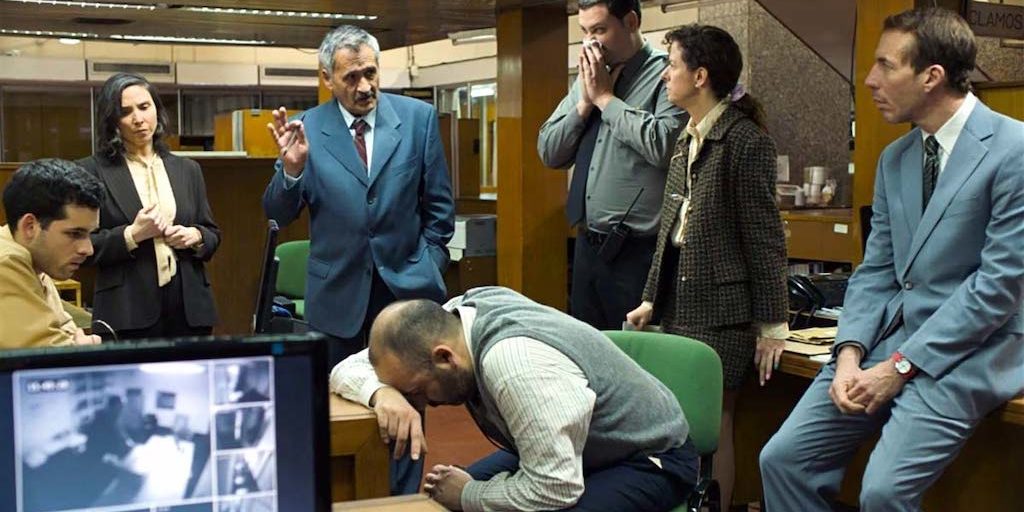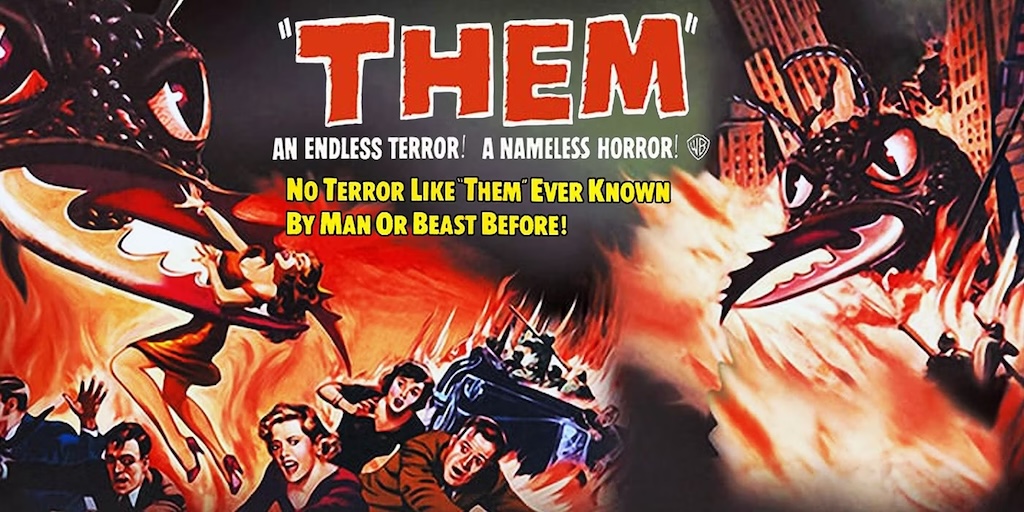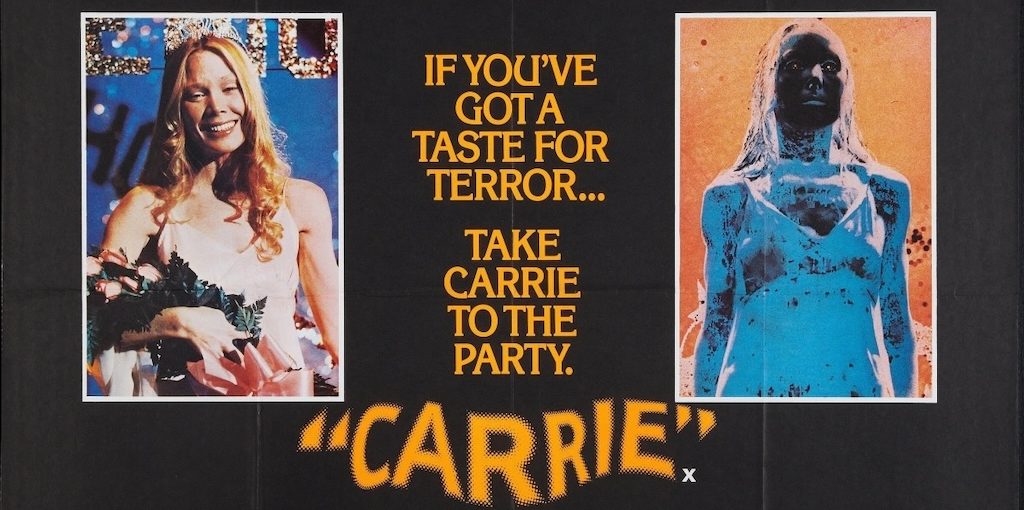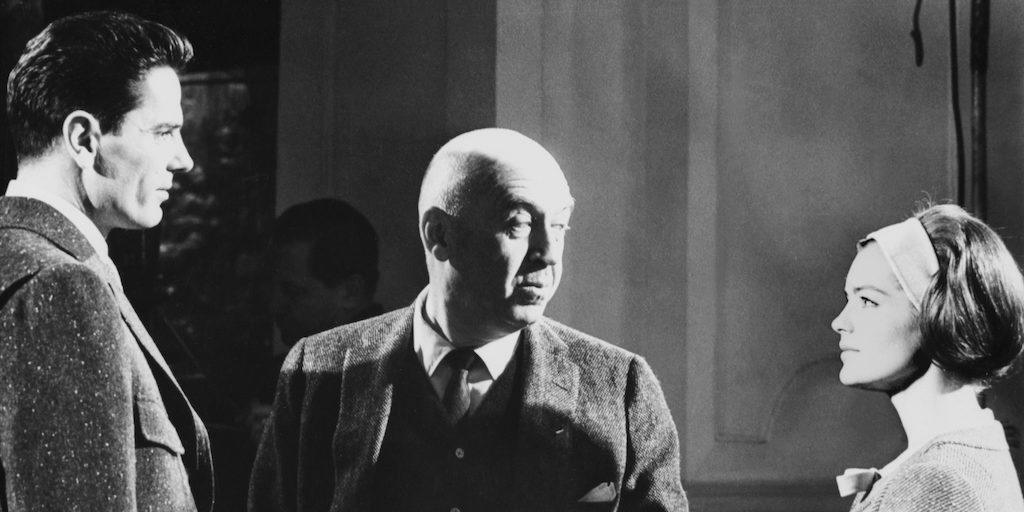BARELY A FILMAKER
The day I had planned to attend a press screening of The Delinquents, I found myself in an argument on Twitter with its director, Rodrigo Moreno. I was outraged that, amidst the presidential election campaign, he treated Patricia Bullrich, the presidential candidate I intend to vote and whose ethical, intellectual and political virtues I find far superior than of the two unscrupulous, destructive populists with totalitarian sympathies opposing her, as someone stupid. I got angry at Moreno, treated him as a moron and, while at it, said that his cinema never interested me. Which is true, except that I did not see all his films (there is at least one I did not see and another one I am not quite sure about). I always found him to be a rather pompous filmmaker and, at the same time, confusing as if the formal affectation of his mise-en-scene was at the service of an aesthetical hint towards those surrounding him and obscure for those who are not part of his inner circle.
As I was waiting in the screening room and found out that the movie was going to be three hours long, I found myself thinking I was facing a problem. If I spoke ill about the film, whatever I said would be a continuation of the political battle held on social media. If I spoke with praise I was going to look like someone who wanted to prove himself as someone unbiased and open minded. By this I mean a coward. Anyway, I’d prefer that the film, which up to that moment I did not hear anything but superlative praise, ended up to be of my liking. I was in no mood of writing a negative review under the suspicion of being resented.
The wish came half-true. I found the movie to be good. Since The Minder up to now, Moreno learned how to shoot, he managed to overcome clumsiness, the emphasizing, the hermetic and mannerist exhibitionism to become a more depurated and free version of a filmmaker who always wanted (then and now) to show he belongs to an elite (the tweet about Bullrich is another form of this elitism, of his self-proclaimed affiliation to the highest spheres of civilization). Moreno found in cinema a noble art which he can practice with intelligence and skill, as well as harboring in it his convictions, his class schematisms and his petulance.
The Delinquents, which seems to take place in the 2000’s, when smoking in workplaces is no longer allowed, and starts when Morán, employee of a grimy branch of a bank, steals $ 600,000 from the vault, taking advantage of the general slackness of the security system. That night he encounters Román, a co-worker of his ––innocent of the crime–– and tells him that he is going to turn himself in because he prefers to spend three and a half years locked in jail rather than work in the bank his entire life and asks him to safe keep the money under the threat of giving him away as an accessory. Then, Moran travels by Taxi Cab and randomly chooses a little town in Córdoba to spend his last days of freedom. Roman, on his part, hides the money in his house but later on, overwhelmed by tension and by Morán’s indication, he transfers him to the top of a hill in the cordobese sierras. When he comes down, Norma appears amidst an idyllic landscape and there is love at first sight between them, even though Román returns to Buenos Aires to his wife and to the bank. He has a bad time at home and at work, but Morán is not doing any better; he is harassed in prison by the cell block’s head honcho that sells him protection in exchange for a part of the loot. It is pointless to tell anything more about the plot: The Delinquents benefits from its ingenious plot and does not resent its general lack of verisimilitude or details such as the absurd easiness of the robbery or that in a pizza parlor that sells by the slice the bill is not paid before consumption. Not even for some comedy moments that seem rather amiss with the general tone of the film (such as the dumb kid asking for water): Moreno achieves in sustaining an even climate of softly ironic comedy. The editing is very clever and manages to conceal that the film was shot over a span of several years and that is why one can sense there are remains of versions different to the final cut. On the contrary, the film works as a beautiful fairy tale, highly enjoyable and entertaining, that dissimulates its true nature a little. The scenes taking place outdoors are truly beautiful, especially that first encounter at the river where Román meets Norma, her sister Morna, and her boyfriend Ramón, a Chilean videomaker (The Delinquents is a co-production) obsessed with filming secret natural gardens.
Morán, Román, Norma, Morna, Ramón. The same five letters for all the main characters, a game that is part of Moreno’s film treats: of his repetitions and symmetries, like the two scenes that show Román and Morán simultaneously smoking a cigarette at both sides of a split-screen, or the camera movements discovering what was previously hidden. The thing about the names having the same letters (literary candy in this case) is a way of saying that, though they are different (a man from the city, a man from the country, a poor schmuck and a mental case, as some might say) are both flipsides of the same coin. Or facets of a same prism along with the other three characters. What brings them together and what sets them apart from the rest of the characters or from anybody else in the world? That Román and Morán are heroes in a journey towards freedom that gathers them with those who have walked that path before them or know how to live in another way: that path that takes them from the sleaziest corners of capitalism (working for a salary, and what’s worse, at a bank) and the claustrophobia of a city to the purity of open spaces, of vegetation, the mountains and the animals, from the nervous neurotic rictus to the smile, love and expansive joy that Margarita Molfino (Norma) portrays with eloquence.
But there is something missing in this frame that praises nature opposing it to the city. That is the culture, an essentially urban phenomenon even if it speaks about open skies. The moments in the film that have the most emotion have to do with the poetry of Juan L. Ortiz that brings a tear to Norma’s eye, the Pappo vinyl that spans throughout the film (another of Moreno’s formal games) and ends up with the final shot with a theme about freedom, going to the movies to see Bresson’s L’argent, dancing of a cueca by Violeta Parra, a photograph of Atahualpa Yupanqui and, especially, the recitation of Ricardo Zelarayán’s La Gran Salina that turns the barbarian that is Morán into a civilized being. Moreno claims that it is culture, the highest one, what saves us from barbarity, which grants access to the harmony with nature. It even exaggerates that facet of crusader from the civilization. Perhaps the only unnecessary scene in the film is that of Fabian Casas as the convict’s teacher (“Zen Professor” as it is read on the credits), reading Zelarayán and inviting the inmates to imitate him. He is so successful that the hardened criminals end up being some goody-goodies that accept the books with joy. The filmmaker who turns grim bank employees into charming fellas, that turns prisoners to the cause of poetry is, almost with naturalness, the one that can climb to a chair and arrogantly claim the incapability of a candidate leaving aside any other considerations. Moreno uses his smarts as a screenwriter and his skills as a filmmaker to say his great truths. Sometimes he does it with humor and subtlety, some other times he incurs into something similar to obscenity, like the apparition of Casas (which brings to mind Imanol Arias’ character in Wild Tango) in the role of a secular priest.
But there are two things that work for Moreno in the film. One is that his cinephilia allows him to use the weaknesses of the script to his benefit. The plot in The Delinquents is so curious and so embroiled in its own way and does not have a possible ending that seems satisfactory. So, the movie ends, wisely, hinting at the final shot of Kiarostami’s Through the Olive Trees, the same wide shot that, in this case, shows Morán crossing the sierras on horseback, farther away from the camera, making himself visible in a few clearings among the bushes until the end credits start rolling. We do not know how The Delinquents ends, although we have a preference or intuition. Nothing more is needed. The resolution is elegant and it is not a mere copy but a legitimate use of a resource invented by cinema and untranslatable to literature.
On the other hand, that final ambiguity allows begging the question that if what Morán wants is to live the way Norma, Morna and Ramón live, then why would he need the money? And that brings to mind a scene in the film where we see Ramón, assisted by women, filming his flowers in the middle of nowhere with a small camera and no budget. Which indefectibly leads to ask for the cinema Moreno makes. Somehow, the scene of the amateur videomaker with no resources, trying to record sound amidst the wind with precarious microphones (it must be said that Moreno treats Ramón and his scholar bohemia with condescendence), contrasts with a professionally produced film, with the foundations that finance it (besides the INCAA) and that ends up having its premiere at Cannes. In this way, the film answers the question about Morán and the money: Moreno says that money is necessary. And therefore, everything comes together. Culture, nature, freedom, professionalism, nice thoughts and money. A happy and safe world, one might say, for those who can inhabit it.

(Argentina, Brazil, Luxemburg, Chile, 2023)
Script, direction: Rodrigo Moreno. Cast: Esteban Bigliardi, Daniel Elías, Germán Da Silva, Iair Said. Production: Ezequiel Borovinsky. Running time: 180 minutos.





